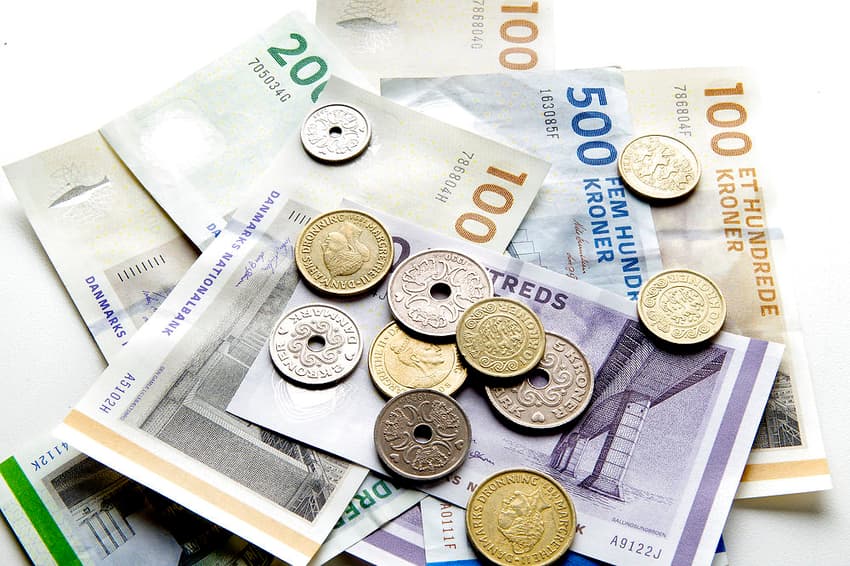Denmark will eventually be cash-free: expert

Cash will disappear from Danish society sooner or later, even though there are still reasons to retain physical money, an expert on the subject has said.
New electronic payment methods will eventually render resource-heavy physical payments obsolete, Jonas Hedman, a researcher and Ph.D. in digitalisation at Copenhagen Business School, believes.
“In Sweden, the state has taken the lead and accepted a line that will accelerate this development, and which has paved the way for innovation and investment in electronic payment methods. We should consider doing the same thing in Denmark,” Hedman said.
The CBS lecturer’s comments come after Jyske Bank CEO Anders Dam called for the government to take a more proactive approach to phasing out cash.
A number of obstacle must be addressed by the state before a cash-free society is possible, however, according to Hedman.
“Even though all payments can be made using a mobile telephone today, there are many that don’t have a mobile telephone or can’t use one,” he said.
“That includes many children, senior citizens or disabled people. So money should be allocated to finding solutions,” he said.
“There should also be a back-up system that can be used if things break down,” Hedman continued.
The first step towards removing cash from circulation would be to withdraw the large denominations – 1,000 and 500 krone notes, the Ph.D noted.
“It is in reality criminals that have the highest need for them, and I see no reason to use taxpayers’ money to support their businesses,” he said.
READ ALSO: Scrap 1,000 krone note: Danish party
Comments
See Also
New electronic payment methods will eventually render resource-heavy physical payments obsolete, Jonas Hedman, a researcher and Ph.D. in digitalisation at Copenhagen Business School, believes.
“In Sweden, the state has taken the lead and accepted a line that will accelerate this development, and which has paved the way for innovation and investment in electronic payment methods. We should consider doing the same thing in Denmark,” Hedman said.
The CBS lecturer’s comments come after Jyske Bank CEO Anders Dam called for the government to take a more proactive approach to phasing out cash.
A number of obstacle must be addressed by the state before a cash-free society is possible, however, according to Hedman.
“Even though all payments can be made using a mobile telephone today, there are many that don’t have a mobile telephone or can’t use one,” he said.
“That includes many children, senior citizens or disabled people. So money should be allocated to finding solutions,” he said.
“There should also be a back-up system that can be used if things break down,” Hedman continued.
The first step towards removing cash from circulation would be to withdraw the large denominations – 1,000 and 500 krone notes, the Ph.D noted.
“It is in reality criminals that have the highest need for them, and I see no reason to use taxpayers’ money to support their businesses,” he said.
READ ALSO: Scrap 1,000 krone note: Danish party
Join the conversation in our comments section below. Share your own views and experience and if you have a question or suggestion for our journalists then email us at [email protected].
Please keep comments civil, constructive and on topic – and make sure to read our terms of use before getting involved.
Please log in here to leave a comment.